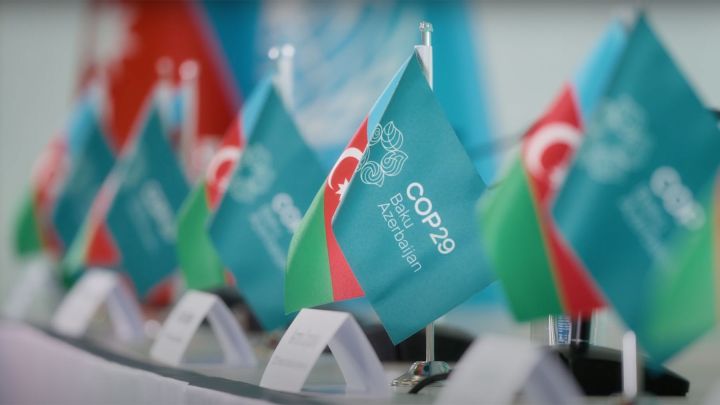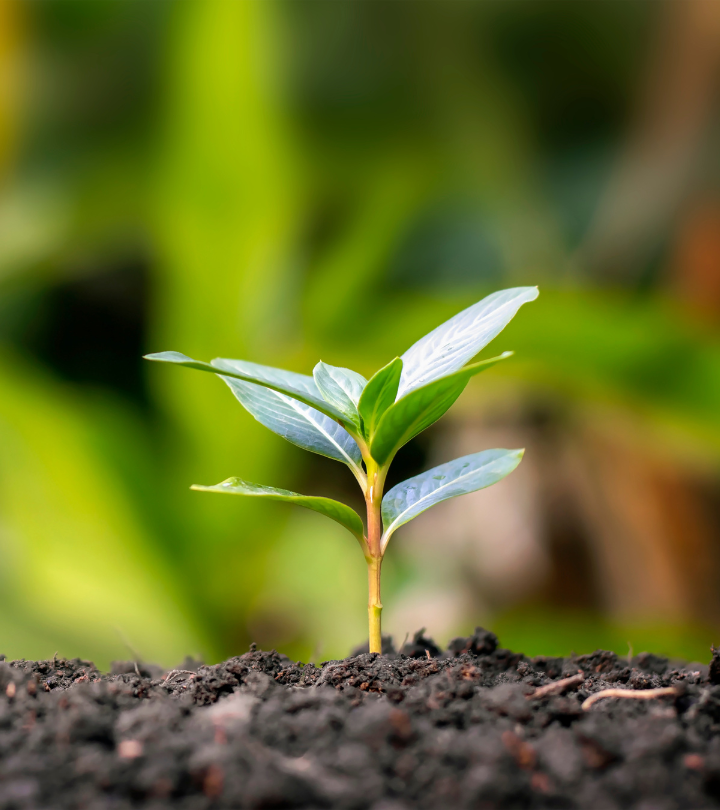The 28th Conference of Parties (COP28), held in Dubai at the end of 2023, convened over 100,000 participants including government representatives, private sector leaders, non-state actors, and various global stakeholders to discuss strategies for fostering a sustainable future. The conference culminated in the adoption of the UAE Consensus, which outlines ambitious new goals for enhancing renewable energy use and improving energy efficiency over the next five years. It also urges a shift away from fossil fuels towards achieving net-zero emissions. COP28 served as a pivotal moment to fortify collaboration towards a net-zero future and heightened awareness of climate change and sustainability efforts in Dubai and the UAE.
COP28: A springboard for action
As an independent climate action organization based in the UAE, UICCA’s aim is to spotlight and support the development of innovative technologies and ideas within three key areas: the circular economy, carbon solutions, and climate adaptation. Central to our approach is promoting inclusive climate action through widespread collaboration and engaging stakeholders from various sectors. At COP, our efforts were focused on facilitating knowledge exchange through panel discussions on a range of topics including climate policies, climate finance, gender-sensitive initiatives, and the empowerment of local climate technologies. We also highlighted our partners’ technological innovations, forged strategic alliances, and introduced a digital platform for idea generation. In collaboration with its partners, the UICCA team successfully conducted 38 sessions, bringing together over a hundred experts from around the world and locally.
Strengthening reliability of carbon markets
Carbon markets offer a mechanism for trading carbon credits to support sustainability initiatives across various industries. Despite their potential, these markets have faced challenges, including scandals and insufficient oversight. The importance of producing carbon credits ethically and with transparent origins cannot be overstated for these markets to effectively contribute to climate action. In June 2023, Her Highness Sheikha Shamma bint Sultan bin Khalifa al Nahyan initiated the UAE Carbon Alliance, serving as a catalyst for developing a robust ecosystem. This Alliance acts both as a forum and an ecosystem architect, promoting discussions among stakeholders with the goal of establishing a reliable voluntary carbon market within the UAE. During COP28, twelve members of the Alliance demonstrated exemplary practices in reducing greenhouse gas emissions and the creation of premium carbon credits.
Enhancing climate finance effectiveness
At our events, experts underscored the critical role of innovative financial strategies in reaching net-zero emissions. They highlighted the significance of leveraging funds from philanthropies, sovereign wealth, and multilateral development banks, which offer de-risking tools essential for attracting private sector investments in high-risk climate technology and projects. Moreover, the influence of policy and regulatory frameworks on financial flows was recognized, underscoring the necessity of collaboration between the private and public sectors to implement effective policies.
Furthermore, the discussions at our COP events emphasized the integration of gender equality as a fundamental aspect of mobilizing climate finance. Many international financial institutions now consider gender equality a crucial criterion for funding. Thus, promoting female leadership and ensuring gender balance within organizations are strategic steps towards securing essential climate finance.
Empowering startups and communities in climate innovation
At COP28, the innovation corner of the UICCA pavilion became a showcase for startups introducing groundbreaking climate technology solutions. Companies such as Consteller, Magdrive, SeaBex, Sentra World, X Plate Quantum Energy, Carbon Click, Nadeera, Responsive Drip Irrigation, Oxygente, and Orbillion displayed their innovative approaches. Notably, Consteller, Magdrive, Carbon Click, RDI, Oxygente, and Orbillion also pitched their solutions to potential investors. This type of engagement and exposure aimed to bridge the financial and knowledge gaps faced by startups, fostering a supportive ecosystem for climate innovation.
Additionally, the UICCA promoted its AI-enabled ideation platform, Climate Call, designed to facilitate inclusive and cooperative efforts in climate action. The platform attracted 200 new registrations and received 20 innovative idea submissions during COP. It serves as a forum for participants to post ideas, challenges, and solutions related to climate change, with a focus on clean water access, renewable energy, and food security, thereby encouraging practical and impactful discussions.
Establishing strategic partnerships for climate action
Throughout COP, we established important partnerships set to catalyze long-term projects and climate action initiatives.
The UICCA formed the SME Sustainability Alliance in collaboration with the Emirates Entrepreneurship Association (EEA). This alliance recognizes SMEs as vital to both local and global supply chains, highlighting the importance of adapting business practices to maintain clientele and ensure future viability. The SME Sustainability Alliance is committed to cultivating a robust ecosystem of UAE-based SMEs focused on integrating Environmental, Social, and Governance (ESG) principles and bolstering climate action efforts. Leveraging UICCA’s expertise in sustainability and the EEA’s vast network, the alliance aims to equip SMEs with the necessary skills to enhance their sustainable impact. Initial plans include organizing educational workshops on sustainability, followed by practical implementation strategies and showcasing SME innovations. Additionally, the alliance intends to facilitate dialogues between the private and public sectors to address and solve the challenges SMEs face in adopting sustainable practices.
In an effort to further expand our impact, UICCA has also launched a research initiative in partnership with the Yale Center for Environmental Law & Policy, focusing on sustainable trade systems. This 18-month program, unveiled at COP, aims to pioneer the Border Sustainability Adjustment concept through comprehensive research, engaging stakeholders, and policy discussion contributions, with an emphasis on maritime shipping, the circular economy, and climate-related trade policies.
Moreover, a collaboration with the Family Care Authority (FCA) aims to enhance climate awareness and capacity building in Abu Dhabi, with plans to extend these efforts across the UAE. This partnership will produce educational and capacity-building events and workshops to deepen the understanding of the UAE’s natural resources, cultural heritage, and the impacts of climate change, encouraging sustainable behaviors among individuals.
Addressing climate change challenges such as water and food scarcity and the implication of coastal urban development remains a priority for the UAE. Advancing towards a net-zero economy necessitates embracing sustainable initiatives, fostering entrepreneurship, facilitating open dialogues and collaborations, and ensuring supportive policies and regulations.
Way forward
COP28 provided an occasion for the UAE to highlight its environmental initiatives under the Green Agenda, which includes enhancing renewable energy production, promoting recycling, and launching educational programs to encourage sustainable living. A significant step in this direction is the ban on single-use plastic bags in Dubai, effective from January 1, 2024, signaling a move towards reducing the use of single-use plastics, with further bans anticipated in the coming year.
In 2024, UICCA plans to continue supporting clean technologies by providing the necessary resources and networking opportunities to companies leading in climate action efforts. We will focus on research projects aimed at sustainability within the MENA region, intending to produce well-considered policy recommendations. These activities are designed to improve our engagement with policymakers, the private sector, and academia, and to support the UAE and the MENA region in enhancing their environmental and climate action strategies. Addressing climate change is a complex challenge, and UICCA is committed to contributing to regional efforts towards decarbonisation and climate adaptation.





